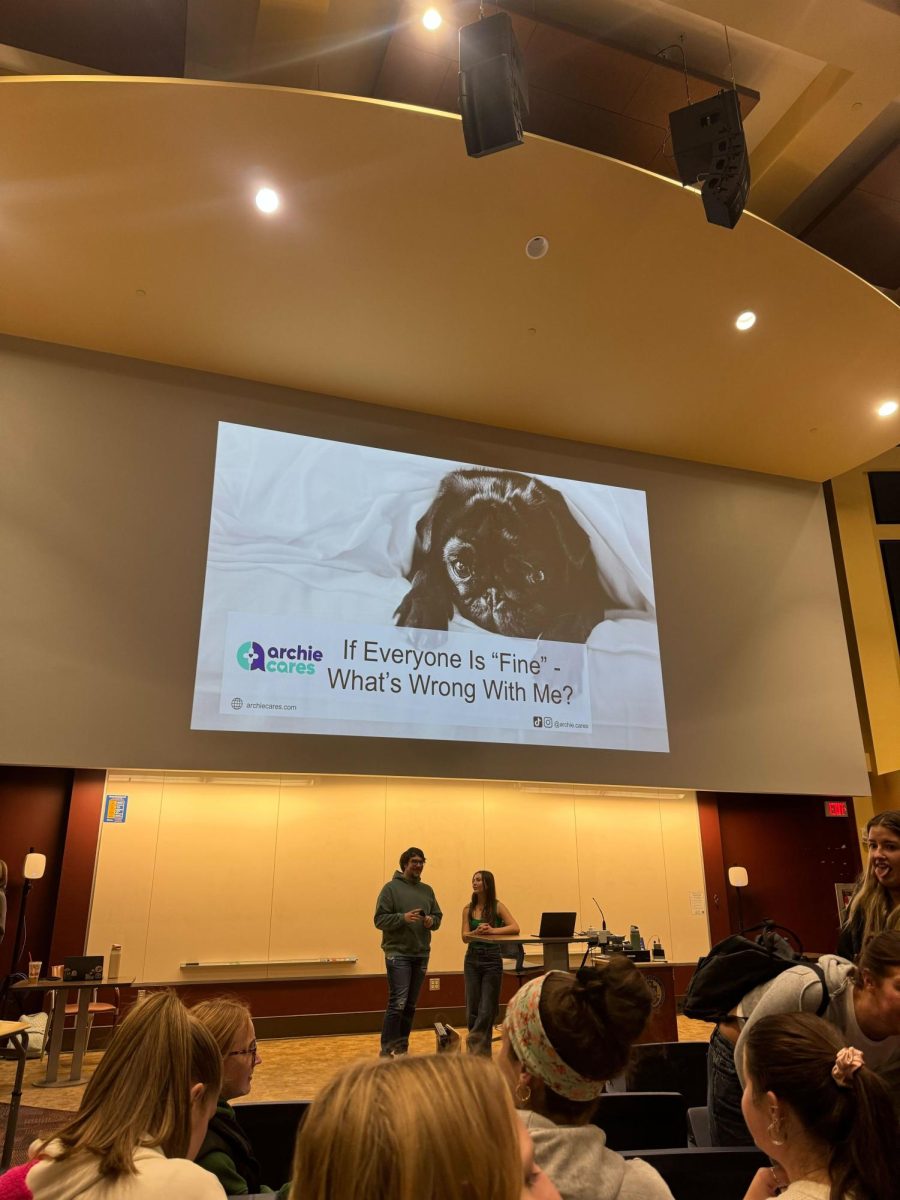Pitt affiliates receive MacArthur fellowships
September 21, 2011
Two Pitt affiliates who made strides in their respective research careeers snagged the 2011… Two Pitt affiliates who made strides in their respective research careeers snagged the 2011 MacArthur Fellows, an award that comes with a $500,000 check.
Elodie Ghedin, an assistant professor in Pitt’s School of Medicine, and Kevin Guskiewicz, who graduated from Pitt in 1992, were two of the 22 fellowship recipients selected nationwide this year to receive $500,000 in unrestricted support over the next five years, Pitt announced Tuesday.
“I was stunned and thought it had to be some kind of sick joke,” Ghedin said in an email. “I first received a cryptic email from a man called Bob Gallucci asking me to call him back ASAP. It turns out he is the president of the [MacArthur] Foundation and he said ‘I have the pleasure to inform you that you have been chosen as one of our fellows.’ I had to sit down.”
Recipients of the Fellowships can use the $500,000 “to advance their expertise, engage in bold new work, or, if they wish, to change fields or alter the direction of their careers,” according to the MacArthur Foundation website. It is a “no strings attached award.”
Ghedin said she will use the money to further her research on viruses. Now, tthe genomics scientist said her work focuses on decoding the genomes of various pathogens, including viruses, single cell parasites, worms and bacteria. Recently, she has been researching influenza and the parasitic worm Brugia malayi, which is responsible for elephantiasis, a skin thickening disease.
Ghedin currently works within the Department of Computational and Systems Biology and has been a member of the University’s Center for Vaccine Research since 2010. School of Medicine Dean Arthur S. Levine said in the release that the medical school takes pride in Ghedin’s “Genius” award.
“Closer to home, Dr. Ghedin is applying similar methods to increase our understanding of the epidemiology of influenza and certain complications of AIDS,” he said. “She is unique in having applied the most powerful molecular and computational tools to the study of infectious diseases, which wreak havoc in the lives of millions, and with the results of these studies, Elodie is pointing the way to likely targets for drug and vaccine development.”
Former Pitt student Guskiewicz also does research, although he focuses on athletic training. He serves as the chair of the Department of Exercise and Sport Science at the University of North Carolina.
His Fellowship profile praises him for raising awareness about the prevalence and dangers of sports-related brain injuries. Guskiewicz is identified as being one of the first to link depression and cognitive impairment as long-term effects of concussions.
“Concussion is a very complex injury. Managing this injury effectively is sort of like piecing together a puzzle. Piece by piece, we gain a clearer picture of concussion and its severity,” he said in the release.
Guskiewicz could not be reached for immediate comment on what he plans to put the money towards.
Guskiewicz and Ghedin are the first Pitt affiliates to receive the Fellowship since William E. Strickland Jr. from the class of 1990, who received a MacArthur Fellowship in 1996 for his role as an arts educator.
Each year, the MacArthur Fellows Program invites scholars to nominate “the most creative people they know.” This year, the Fellowship specialities are all over the academic and professional spectrum — from lawyer to producer to architect to economist.
An independent selection committee selects the fellows based on the nomination letters and original works of the nominee. The program has selected 30 to 40 fellows each year since it began in June 1981.
The Chicago-based foundation was created in 1970 by businessman John MacArthur, who died in 1978 and left funds to operate the fellowship program.
“The selection of Pitt faculty member Elodie Ghedin and alumnus Kevin Guskiewicz as prestigious MacArthur Fellows underscores these talented individuals’ already remarkable achievements, their dedication to their respective fields and their potential to make ever-greater future advances,” Pitt Chancellor Mark A. Nordenberg said in the release.


